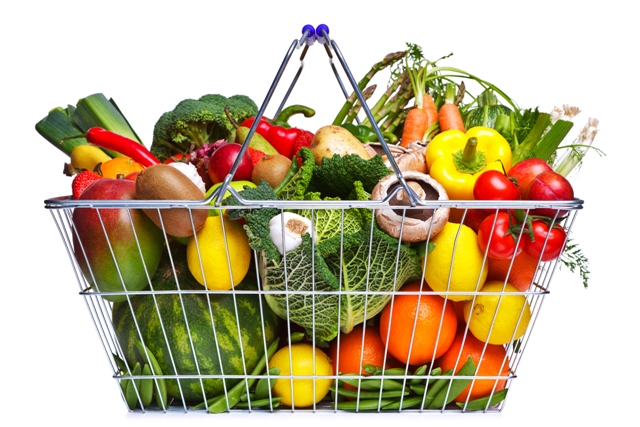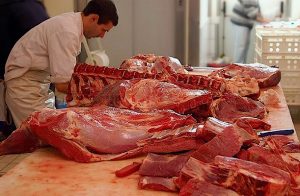The average individual needs approximately 0.8 grams of protein per pound of body weight to adequately function. For the average 180 pound male that adds up to be roughly 140-150 gram of protein. Acquiring this amount of protein seems easy enough to consume for those that regularly consume animal protein, but that comes with a host of other additives such as saturated fat, cholesterol and excess sugars that may prove more detrimental than beneficial. Where can you get your protein intake if you wanted to cultivate a vegetarian lifestyle or reduce your meat intake in order to have a healthier diet?
Plant proteins contain the benefit of offering quality protein along with dietary fiber and a healthy dose of vitamins and minerals. Though plant proteins are not as popular as animal proteins, individuals can still build a strong dietary foundation on which to consume the Recommended Daily Allowance (RDA) of protein and ensure proper functioning of their bodies.
Below are a few sources of plant protein you can incorporate into your nutrition regimen:
1. Supplements
Hemp Powder-Adding a heaping scoop or 30-40 grams of hemp provides 11 grams of protein.
Spirulina-Adding a heaping scoop of spirulina provides 10 grams of protein.
2. Vegetables
Lentils-1 cup of lentils provides 10 grams of protein.
Soybeans- 1 cup of soybeans provides 28 grams of protein.
Avocado-1 avocado provides 10 grams of protein.
Broccoli- 1 cup of broccoli provides 5 grams of protein.
Kale- 2 cups of cooked kale provide 5 grams.
Sweet potato- 1 cup of sweet potato provides 5 grams.
Hummus-1 cup of hummus provides 15 grams of protein.
Quinoa-1 cup of quinoa provides 9 grams of protein.
3. Nuts
Almonds, cashews, peanuts, pistachios all provide 9 grams of protein per half cup serving size.
4. Soy containing foods
Foods like tofu and tempeh are great meat substitutes and offer up to 20 grams of protein per serving.
All of these foods are great protein sources, yet they all provide essential B vitamins and Vitamin E, which also provide great sources of complex carbohydrates and fats when compared to their animal protein counterparts. For those looking to make the change to a more holistic lifestyle and looking for healthier alternatives to eating animal protein, the foods listed above are just a few to include in your arsenal on your journey to a healthier you!!




